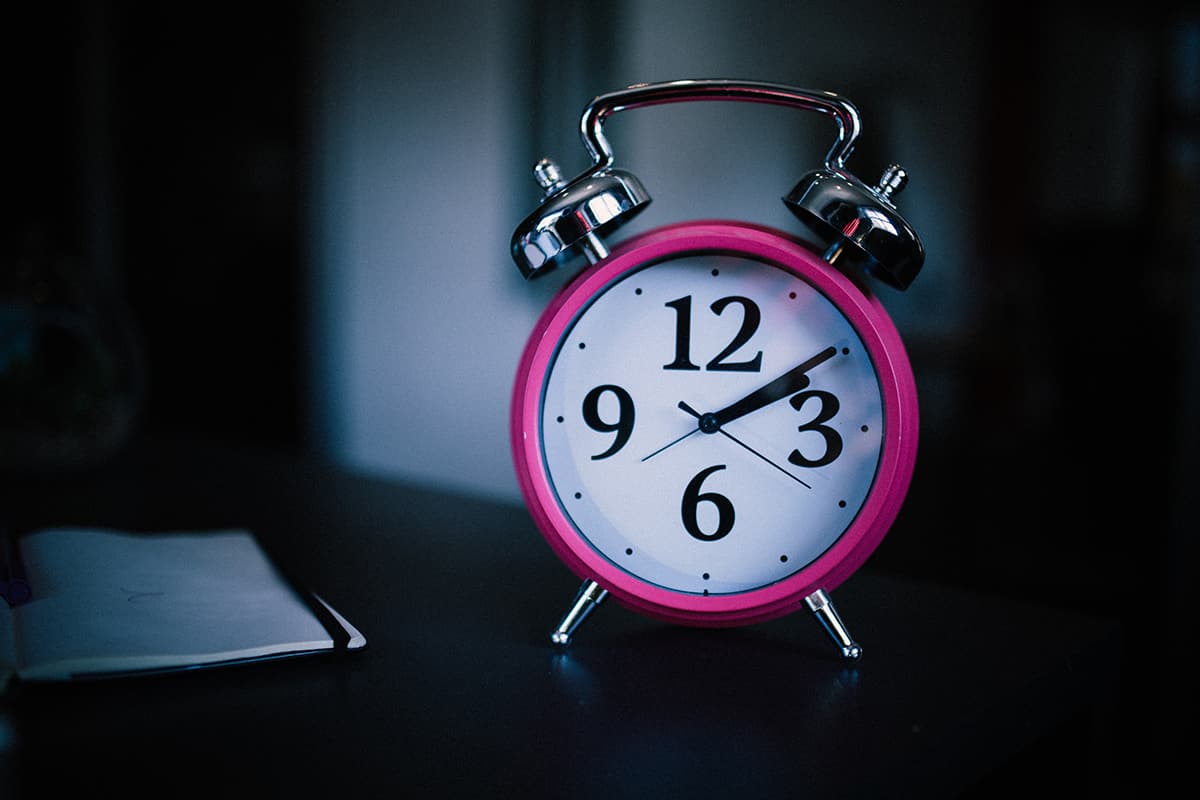Trouble Sleeping? Start With Sleep Hygiene

If you’ve been struggling to fall asleep or stay asleep, you’re not alone. Up to 60% of women in the menopause transition experience difficulties sleeping. Fifty-six percent of women get less than seven hours of sleep a night, and 26% will have symptoms severe enough to qualify for a diagnosis of insomnia.
Several factors influence sleep in midlife, including stress and lifestyle. However, the hormonal changes of menopause are a major contributor for most women. As estrogen levels drop, so does your ability to reliably get a good night’s sleep. Unfortunately, sleep disturbance may only get worse in postmenopause.
Poor sleep is often brushed aside, and women power through the day fueled by caffeine and sheer determination. However, chronic insomnia poses serious health risks, including a higher risk of depression, obesity, poor immune system function, difficulties with concentration, memory and more. One way to improve your ability to fall asleep faster and stay asleep is by practicing good sleep hygiene.
Having good sleep hygiene means routinely following sleep-promoting habits
Experts agree that anyone trying to improve their sleep should start by cleaning up their sleep hygiene. These foundational habits and changes to your sleeping environment will set you up for success. They should become important lifelong habits, just like brushing your teeth.
The Habits of Good Sleep Hygiene
Like any new habit, changes in your sleep routine take patience and consistency. Don’t worry about changing everything at once—instead, pick one or two areas to focus on before adding another.
Set a sleep schedule
Maintaining a regular sleep schedule is the number one recommendation by sleep experts. If you only master one new sleep hygiene habit, let this be the one.
- Choose a consistent wake up time—weekday or weekend.
- Choose a target bedtime based on your wake up time. If you feel best with eight hours of sleep, hold yourself accountable to a bedtime that lets you achieve it.
- Avoid naps, if possible. If you really need to, keep them short (under 20 minutes) and before 2 p.m.
Build a relaxing routine
- As much as possible, follow the same steps to get ready for bed every night. A consistent ritual of washing your face, brushing your teeth and getting into your pajamas will teach your brain that these things mean you’re ready to go to sleep.
- Create a relaxing environment 30 minutes before you want to go to bed. This might include gentle music, a light stretching routine, reading or another calming activity.
- Dim your lights in the evening.
- Avoid phone, laptop and TV screens in the 30 minutes to one hour before bedtime.
- Try meditation, mindfulness or paced breathing to tame active thoughts and relax your nervous system.
Teach your brain that your bed is only for sleep
- If you can’t fall asleep in 20 minutes, get out of bed and do something calming in low light before trying again.
- Reserve your bed for sleep and sex only. Spending time in bed doing work on a laptop, for example, may make it harder for your brain to fall asleep later in the same environment.
Bedroom environment
- Choose a comfortable mattress, pillow and bedding.
- Set a cool temperature—65 degrees or lower. Open windows or turn on a fan if you need to.
- Block out light with blackout curtains or an eye mask.
- Block out noise with ear plugs, a white noise machine or fan.
- Minimize disruptions from pets. While many people enjoy sleeping with pets in the bedroom or on their bed, pets can wake you up in the middle of the night.
- Use a calming scent like lavender.
Daytime habits
- Get daylight every day. This helps to regulate your body’s internal clock.
- Exercise regularly. One of the many benefits of exercise is improved sleep. Even if you can’t get in a full workout, getting your heart rate up for 10 minutes every day is a good start. Many people find that exercising in the evening makes it harder to fall asleep, so try to get in your workouts earlier in the day.
- Quit smoking. Smoking has been strongly linked to disturbed sleep.
- Reduce caffeine in the afternoon and evening.
- Reduce alcohol consumption, especially later in the evening. Alcohol may make you feel relaxed in the moment, but it disrupts sleep.
- Avoid heavy or spicy meals late in the evening. It is easier to fall asleep when your body is not actively digesting food.
- Taper off your fluid intake in the hour before bedtime. This will reduce the chance that you will need to wake up at night to empty your bladder.
Every person’s experience with sleep is unique and you may need to address important factors like night sweats in order to achieve the full night’s rest you’re looking for. However, these sleep hygiene habits are essential first steps regardless of other contributors.
If you’ve been consistent with good sleep hygiene and don’t see improvement after a couple of months, talk to your healthcare provider or a sleep specialist for more guidance. If it’s already clear to you that night sweats, anxiety or sleep apnea are a factor in your disrupted sleep, consult your provider to start taking action to address these symptoms as early as you can while you’re working on improving sleep hygiene.
Sign up for more unique women’s health content
By submitting this form, you agree to the Lisa Health Privacy Policy and Terms of Use


